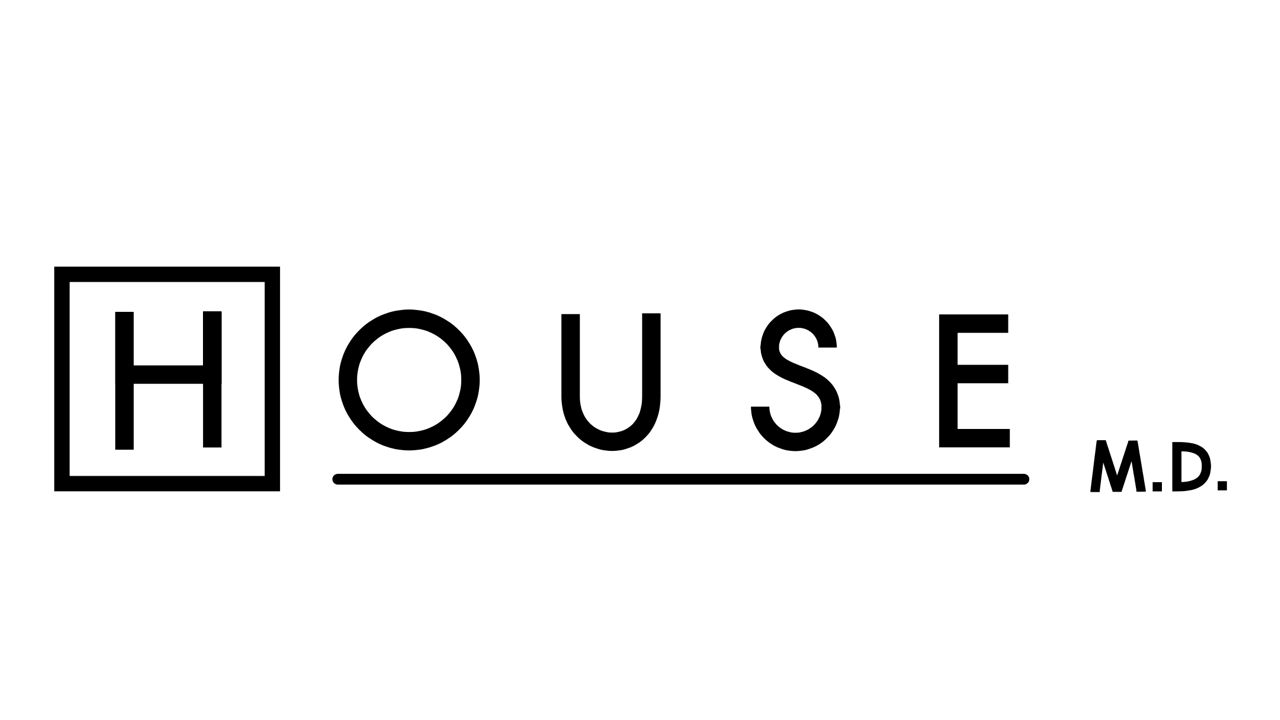Berny Belvedere is a professor of philosophy and a writer based in Miami, Florida. Follow him @bernybelvedere on Twitter. Check out more of his writings at www.belvyland.com.
It’s a strange thing that over 177 episodes scattered across eight seasons Fox’s “House,” a show fascinated by philosophical and ethical problems, never once introduces us to a sophisticated believer. To be sure, Hugh Laurie’s Dr. House encounters plenty of proponents of traditional views, yet not one of them is able to offer a credible account of their faith able to withstand House’s relentless rationality.
It is certainly possible that in years of engaging with others on matters of religion and ethics, a man as brilliant as Dr. House never comes across a formidable opponent. After all, intellectual reflection is not exactly a hallmark of religious experience in America. Our culture teems with forms of spirituality, with professions of belief in a higher power, yet this commitment is a mile wide and an inch deep. Still, why wouldn’t more thoughtful approaches to these views ever make an appearance given that Dr. House sometimes spars with those whom you’d expect to have better answers?
Login to read more
Sign in or create a free account to access Subscriber-only content.
Topics:
